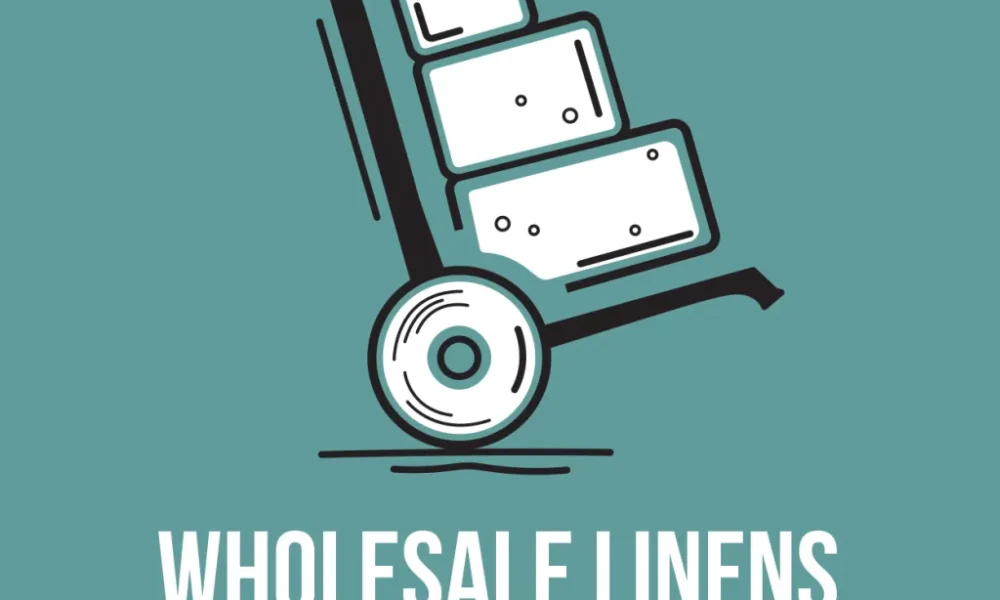In the world of hospitality, healthcare, and retail, linens play an essential role in creating comfort, style, and hygiene. Wholesale linens are a critical supply chain component for businesses aiming to maintain high standards while managing costs efficiently. This comprehensive guide explores the benefits of purchasing wholesale linens, key considerations for buyers, and emerging trends in the industry.
Benefits of Purchasing Wholesale Linens
Cost Efficiency
One of the most significant advantages of buying linens in bulk is the cost savings. Wholesale prices are considerably lower than retail prices, enabling businesses to reduce their overhead expenses. This is particularly beneficial for hotels, restaurants, and healthcare facilities that require large quantities of linens regularly. By purchasing in bulk, businesses can allocate their budget more effectively and invest in other essential areas.
Consistent Quality
When purchasing from reputable wholesale suppliers, businesses are assured of consistent quality. This is crucial in industries where customer experience is paramount. For instance, a hotel with plush, high-quality linens can enhance guest satisfaction and foster loyalty. Wholesale suppliers often provide detailed product descriptions and samples, ensuring buyers know exactly what they are getting.
Variety and Customization
Wholesale suppliers typically offer a wide range of products, including bed sheets, pillowcases, towels, tablecloths, and napkins, in various sizes, colors, and materials. This variety allows businesses to select linens that match their specific needs and aesthetic preferences. Additionally, many suppliers offer customization options, such as embroidery and logo printing, which can help reinforce a brand’s identity and create a cohesive look.
Key Considerations When Buying Wholesale Linens
Material Quality
The material of the linens is a critical factor to consider. Cotton, polyester, and blends are common options, each with its benefits. Cotton is known for its softness and breathability, making it ideal for bedding and towels. Polyester, on the other hand, is durable and easy to maintain, which is suitable for table linens and uniforms. Understanding the specific requirements of your business will guide you in selecting the right material.
Thread Count
Thread count refers to the number of threads per square inch of fabric. A higher thread count generally indicates a softer and more luxurious product. However, it is essential to balance thread count with durability, especially for items that will undergo frequent washing, such as hotel sheets and hospital bedding. A thread count between 200 and 400 is often ideal for a balance of comfort and longevity.
Supplier Reputation
Choosing a reputable supplier is crucial in ensuring product quality and reliability. Look for suppliers with positive reviews, transparent return policies, and excellent customer service. Establishing a good relationship with your supplier can also lead to better deals and priority treatment in times of urgent need.
Eco-Friendliness
With the growing emphasis on sustainability, eco-friendly linens have become increasingly popular. Many suppliers now offer linens made from organic cotton or recycled materials. These products not only appeal to environmentally conscious customers but also align with global sustainability trends. Ensuring your linens are eco-friendly can enhance your business’s reputation and attract a broader customer base.
Emerging Trends in Wholesale Linens
Smart Textiles
Technology is making its way into the linen industry through smart textiles. These are fabrics integrated with advanced functionalities such as temperature regulation, moisture-wicking, and even health monitoring. For example, some healthcare facilities use bed sheets with sensors that can monitor a patient’s vital signs and alert staff to any abnormalities. While still emerging, smart textiles represent the future of the linen industry, offering innovative solutions to enhance comfort and efficiency.
Sustainable Practices
As mentioned, sustainability is a significant trend in the linen industry. Beyond eco-friendly materials, many suppliers are adopting sustainable practices such as water-saving dyeing processes, reduced chemical use, and ethical labor practices. Businesses are increasingly prioritizing suppliers that demonstrate a commitment to sustainability, recognizing that this not only benefits the environment but also appeals to a growing segment of eco-conscious consumers.
Customization and Personalization
The demand for customized and personalized linens is on the rise. From monogrammed towels to bespoke tablecloths, businesses are looking to distinguish themselves through unique and personalized touches. This trend is particularly strong in the hospitality industry, where personalized guest experiences can significantly impact satisfaction and reviews. Wholesale suppliers are responding by offering more customization options than ever before.
Conclusion
Wholesale linens are an indispensable resource for many businesses, providing cost savings, consistent quality, and a wide variety of options. When purchasing wholesale linens, it is essential to consider factors such as material quality, thread count, supplier reputation, and eco-friendliness. Staying abreast of industry trends, such as smart textiles, sustainable practices, and customization, can help businesses remain competitive and meet the evolving needs of their customers. By making informed decisions and partnering with reputable suppliers, businesses can ensure they have the high-quality linens necessary to provide exceptional service and comfort.
